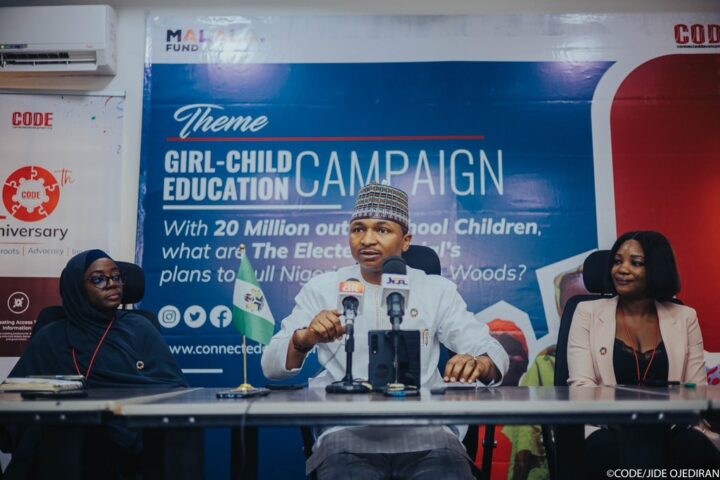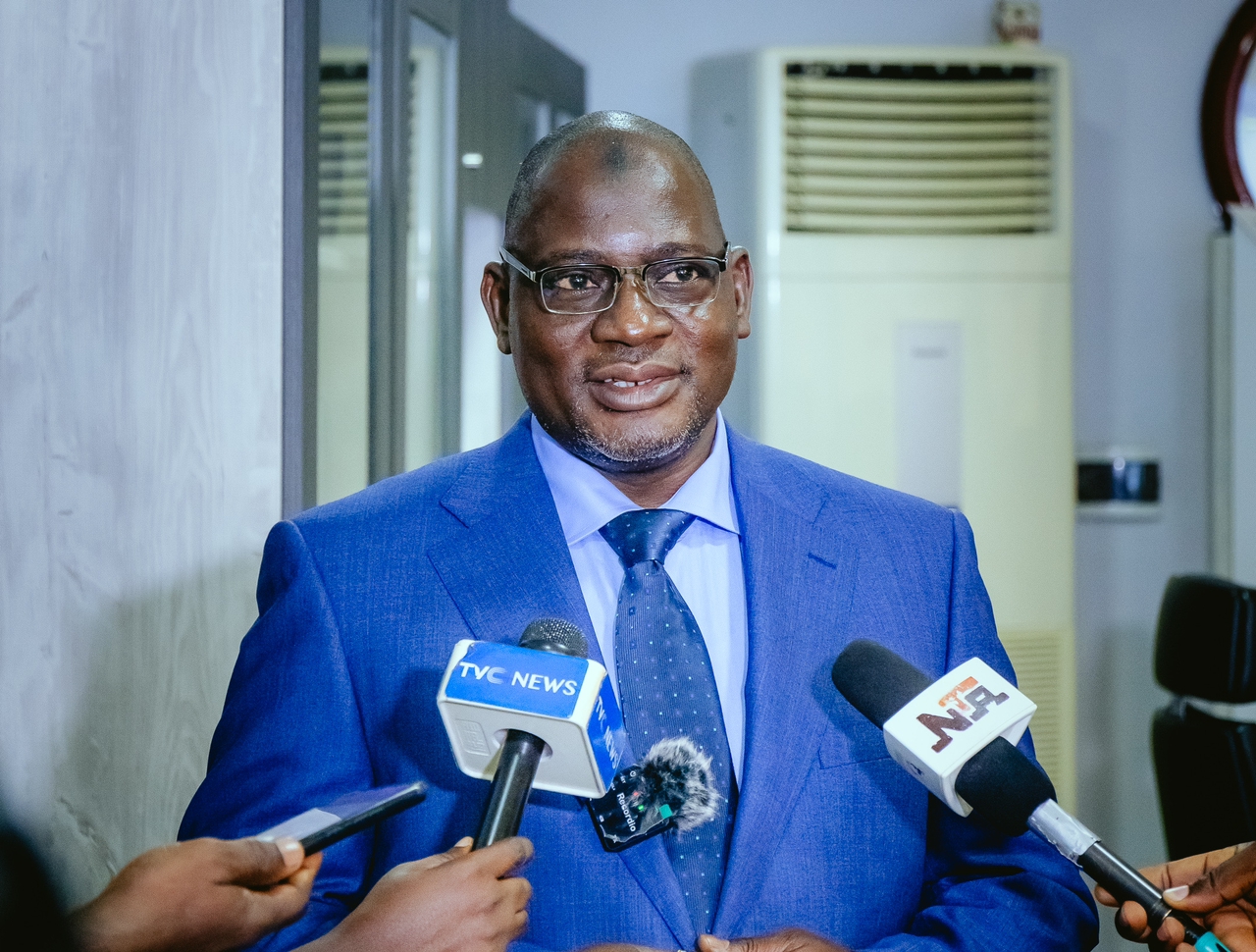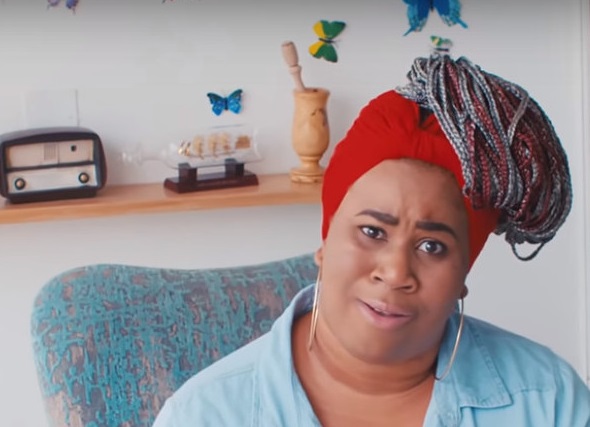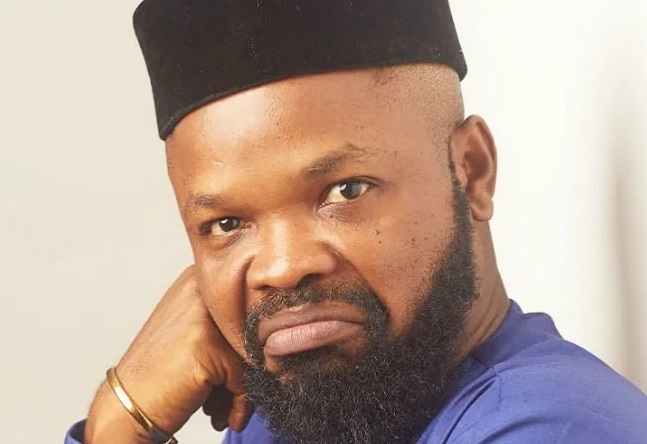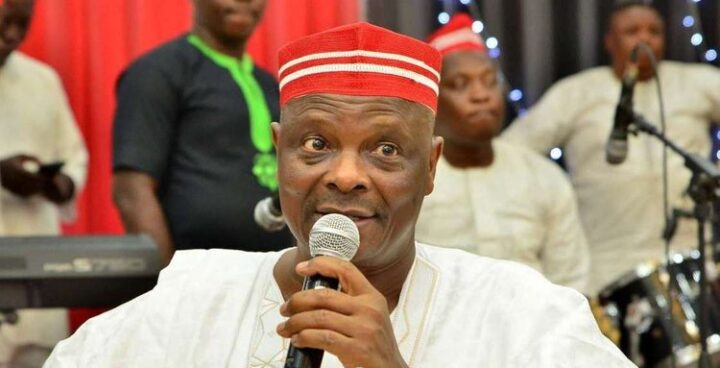Hamzat Lawal, chief executive officer of Connected Development (CODE), says there is no strong commitment in the manifestoes of political candidates to improving girl-child education in the country.
According to NAN, Lawal said this on Monday at the inauguration of the girl-child education campaign project of CODE, held in Abuja.
He said stakeholders have also not shown strong will on providing gender-responsive policies and programmes on education in the past years.
“It is in this vein, in line with the organisational objectives of Malala Fund, that we are launching an aggressive campaign to mobilise and educate citizens to ask critical questions from all the candidates that are running for the office of the president,” he said.
Advertisement
“We hope that the campaign, in line with the Girl-child Education Project of CODE, will work with and support Arewa social media influencers and prominent people in the north.
“This is because when you look at the data by UNICEF, over 20 million children are out-of-school, mostly girls, and over 90 percent of that data shows that these kids are based in northern Nigeria.
“When you look at the manifestoes of these candidates, we have not seen strong commitment on education and particularly for the girl-child, and if you look at most of the data, a lot of Nigerians have not decided who they would vote for.
Advertisement
“Prioritising education would mean candidates’ plan for proper education budgeting, especially how it affects girls.
“It also includes their commitments to both international and local education policies and their plans to take the over 20 million children back to school, among others.”
He said the campaign is also targeted at achieving Nigeria’s Universal Basic Education Act and the sustainable development goal 4.
The CODE executive officer added that the campaign will provide free and compulsory secondary school education for Nigerians.
Advertisement
“This is because after junior secondary school, most children from poor households drop out of school due to fee payment,” he added.
“The group is searching for presidential candidates committing to work with the national assembly to amend the UBEC Act and ensure that girls particularly get free 12 years compulsory education.”
